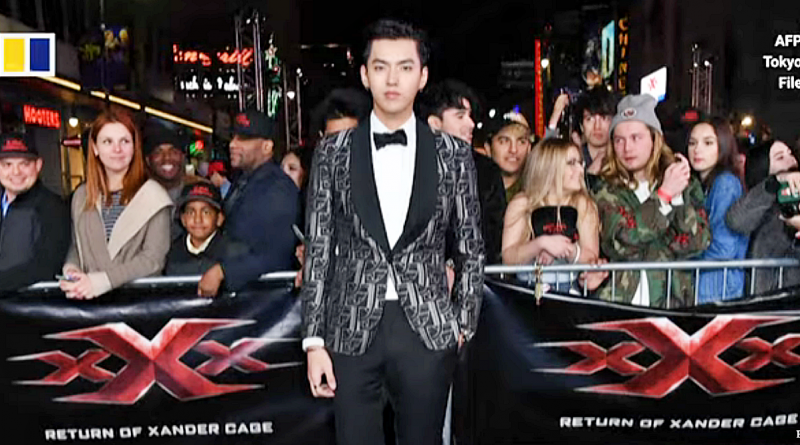Maclean’s Magazine:The Rise and Fall of a Chinese-Canadian Pop Star
According to Dan Chen, a professor of political science at the University of Richmond, the authorities’ efforts to support state-sanctioned celebrities who promoted the party’s values were a bid to control the entertainment world and claim its moral authority over its citizens’ values. The government was cracking down hard on what it called “immoral, unhealthy and devil-possessed” fan culture. “The chaos in celebrity fan clubs, exposed by the Kris Wu incident, reflects that bad fan culture has reached a critical moment that must be corrected,” China’s internet regulator said at the time.
The Chinese state eventually sided with Wu’s accusers. The state broadcaster, CCTV, described Wu’s actions as “no longer entertainment gossip, but a major legal case of significant impact and a public issue.” A few days after Wu’s Weibo post denying Du’s claims, the Chinese authorities formally arrested him on suspicion of rape. The police confirmed that they were investigating him for “repeatedly luring young women” to have sex with him.
Wu became a Chinese superstar within a few months; his downfall only took a day. Within 24 hours of Wu’s arrest, all traces of the fallen star had been scrubbed from the Chinese internet. His music disappeared from streaming platforms. Social media companies deleted his accounts. Studios stopped promoting his films. Experts say that the government likely ordered these entities to expunge his presence. His brand partners, including Bulgari, Porsche and Louis Vuitton, quickly cut ties with him. Wu’s downfall will have lasting reverberations for China, symbolizing a new era of heavy-handed state interference in the private lives and values of citizens. “Wu’s case signals to those in the entertainment world that celebrities will have to be very careful about what they say and very careful about their public image,” Chen says.
The country’s legal system is an unknowable black box, sealed off from any public scrutiny. In Chinese court, the conviction rate is 99.9 per cent. All defendants have the right to hire a lawyer, but defence attorneys often lack full access to their clients and case materials, hindering their ability to work on their cases; for example, lawyers aren’t allowed to be present at their clients’ interrogations. Whether or not a person gets a fair trial largely depends on whether lawyers can gather evidence and construct a viable defence for their clients.
Last November, Wu went to trial on charges of rape. The proceedings were closed and all court documents were sealed, ostensibly to protect the privacy of the victims. Du testified, as did two women whose identities were concealed. On November 25, Wu was convicted on two charges: first, of raping three women at his home between November and December of 2020, and second, for assembling a crowd for group sex. He was sentenced to 13 years in prison, after which he would be deported back to Canada. Two hours after the verdict, the court also ordered Wu pay a fine that amounted to US$84 million for tax evasion and unpaid taxes. He appealed his conviction in July in a closed hearing; a decision was still pending at press time.
Fame in 2023 is a tricky thing: Wu, like so many other celebrities, had used social media to cultivate the illusion of a personal relationship with his fans. Their sense of ownership and connection buoyed him to cosmic fame. But, when the public felt he’d betrayed them, they turned against him. “We just want a simple apology. Why is that so difficult?” Du wrote in her Weibo post.





